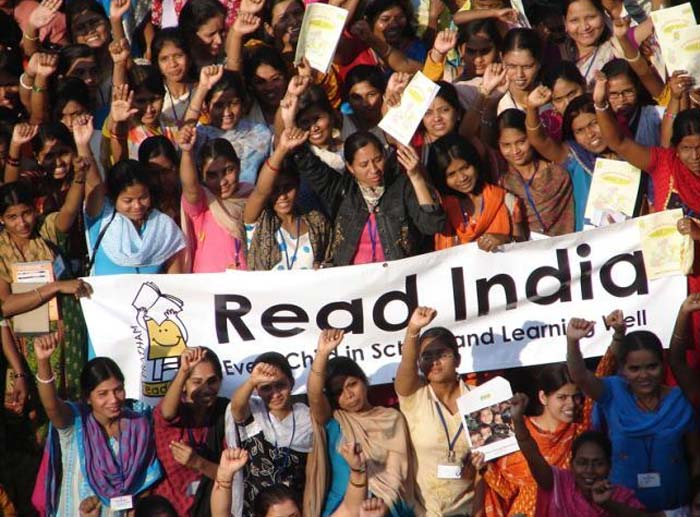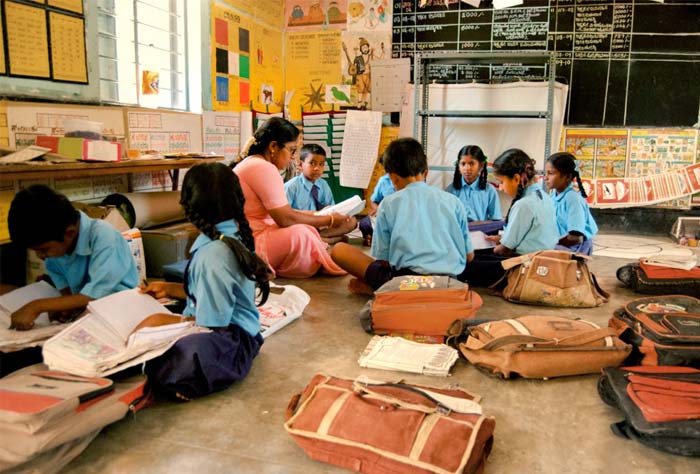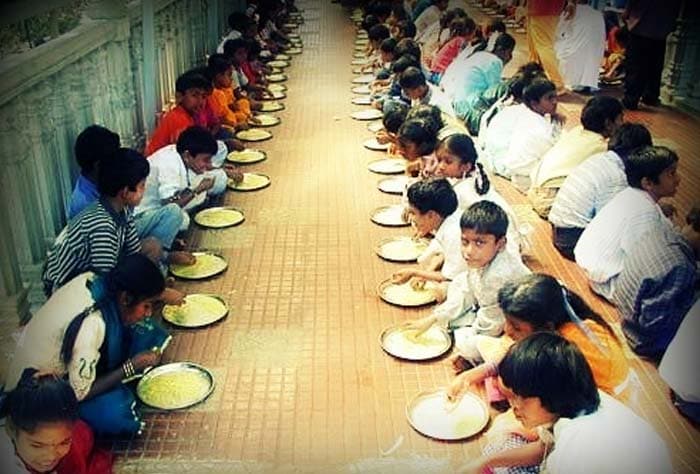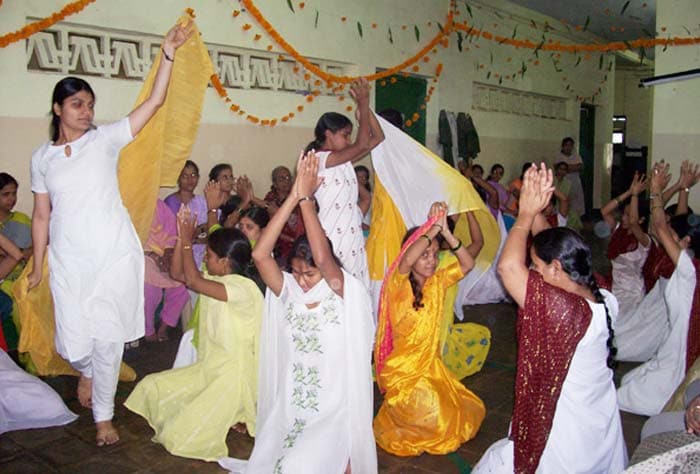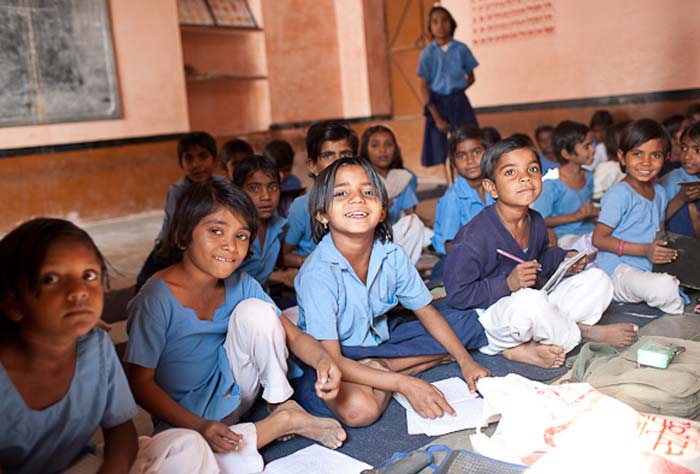NGOs changing the course of Indian education
These are powerful examples of how NGOs are working to improve education in India. With their discipline and vision, coupled with the backing of generous donors, NGOs have the ability to change the course of education in our country.
-
Pratham is widely held to be India's largest NGO in the education sector, in terms of the number of children assisted. Read India, its flagship programme, aims to improve basic literacy and the mathematical abilities of underprivileged children. In 2011, Read India worked with nearly 2.4 million children and trained more than 60,000 teachers.
-
The Azim Premji Foundation, established in 2001, works with state governments to reform teaching and testing methods in government schools. Following the charity's efforts to promote examination systems that go beyond testing rote learning, at least eight districts in five states reformed their examinations. The foundation also has provided 20,000 schools across 16 states with syllabus-based multimedia kits that promote computer-assisted learning.
-
Akshaya Patra is a large NGO with one goal: to provide children with a meal at school. The charity launched its first programme in Bangalore in 2000 and today provides lunch to 1.3 million children daily across the country. This simple initiative addresses two major issues: It boosts school attendance and tackles malnutrition. Akshaya Patra works with eight state governments to implement its school lunch programme and has inspired other NGOS to launch similar efforts.
-
Muktangan demonstrates how smaller scale NGOs also can have a significant impact on their chosen community or city. This project draws women from low-income communities in Mumbai and trains them as English-medium teachers. Since its founding in 2003, Muktangan has trained 180 teachers. Following a successful pilot, the Municipal Corporation of Greater Mumbai asked Muktangan to take on an additional role and run seven of its schools. The charity is currently responsible for 1,800 students in Mumbai.
-
Educate Girls strives to tackle gender inequality in schools in Rajasthan. The literacy rate among women in the state is just 53%, compared with 81% among men. Educate Girls' first project in 2008 spanned more than 200 villages in Rajasthan's Pali district. Two years later, female students' school attendance in these areas had risen dramatically, from 67% to 82%. Rajasthan's state government has since invited Educate Girls to work across Pali as well as the Jalore district.

